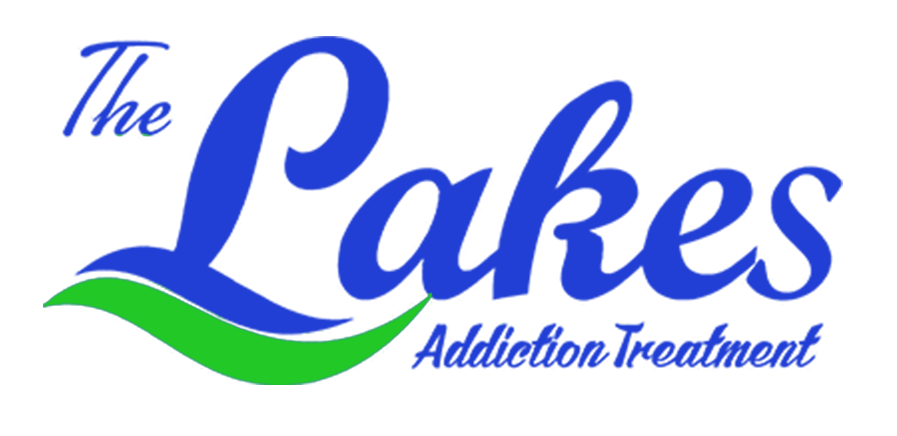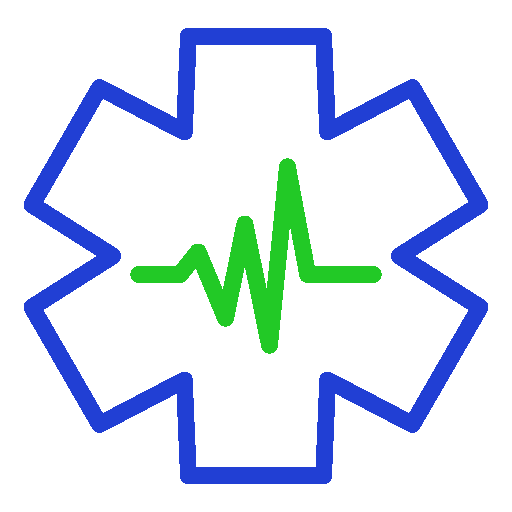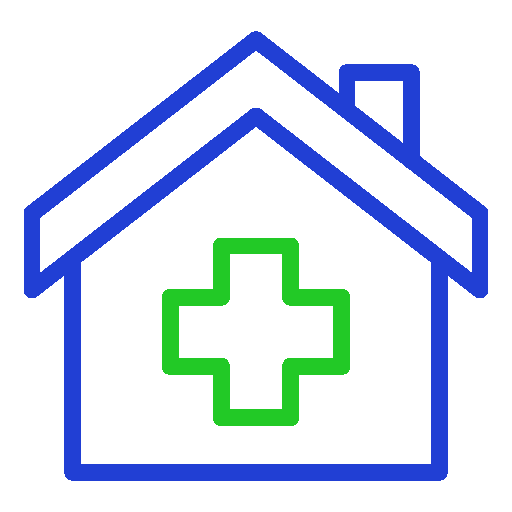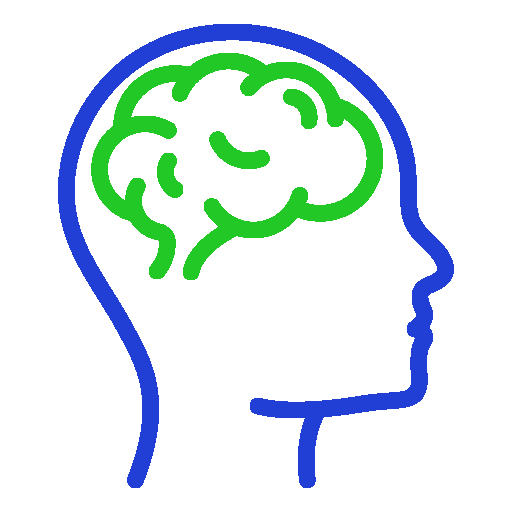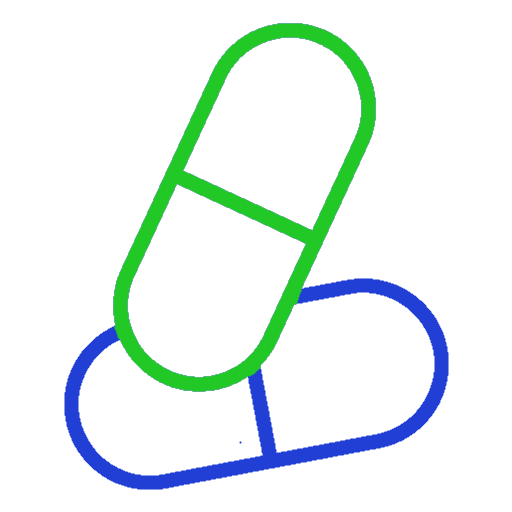The residential detox process is an important and necessary step in overcoming addiction. At The Lakes Treatment Center, we offer professional assistance during this time, ensuring a safe and successful drug detox and recovery.
Keep reading to learn about the main steps in detoxing, and remember, with the right help, it is always possible to make positive changes in your life and look forward to a brighter future.
What is Detoxification?
Detoxification, commonly referred to as detox, is the process of eliminating harmful substances from the body. In the realm of substance abuse, detox specifically pertains to the period during which the body metabolizes and expels drugs or alcohol. The primary objective of detox is to safely manage withdrawal symptoms and prepare the individual for further addiction treatment. By addressing the physical dependency on substances, detox sets the stage for a more comprehensive recovery journey.
Types of Detox Programs
There are various types of detox programs available, each offering a unique approach and level of care to suit different needs. Some common types of detox programs include:
- Inpatient Detox Programs: These programs provide 24/7 medical supervision and support in a hospital or residential setting, ensuring that patients receive constant care and monitoring.
- Outpatient Detox Programs: Offering less intensive care, these programs do not provide round-the-clock support and are suitable for individuals with milder withdrawal symptoms.
- Medically Assisted Detox Programs: Utilizing medications to ease withdrawal symptoms and prevent relapse, these programs are designed to make the detox process more comfortable and manageable.
- Holistic Detox Programs: Focusing on natural and alternative methods of detoxification, such as nutrition and meditation, these programs aim to support the body’s natural healing processes.
Each type of detox program has its own benefits, and the choice of program should be based on the individual’s specific needs and circumstances.
How Does Detox Work?
There are three specific steps to keep in mind:
1. Intake
The detox process begins with intake, when a medical professional will first assess the individual’s physical and mental health. This initial assessment helps to determine the best plan for care and any necessary medication or other interventions that may be needed as individuals experience withdrawal symptoms during the detox process.
During the intake period, physical and psychological symptoms will be closely monitored, so when the individual is ready to begin receiving care, all facts are recorded and they are ready to take their first step towards recovery.
2. Care
During the care part of detoxification, vital signs and symptoms will be closely monitored in a medical setting. The goal is to be ready for rapid response times, in case the patient experiences severe withdrawal symptoms like hypertension.
With the assistance of a medical professional and a thorough intake assessment, the patient will receive all necessary care to reduce withdrawal symptoms and avoid long-term medical problems.
3. Transfer
When a patient finishes detoxing at a professional detox facility, they should then be transferred to a rehab facility, to begin the more in-depth process of recovery. Remember, just because drugs are out of someone’s system does not mean the disease of addiction has been treated. That’s where rehabilitation comes in. This is where comprehensive substance abuse treatment comes into play, providing the necessary support for long-term recovery.
Fortunately, at The Lakes Treatment Center, the transfer process is easy, as we have detox and rehab facilities onsite.
Understanding Withdrawal Symptoms
Withdrawal symptoms occur when the body is deprived of a substance it has become dependent on. The severity and duration of these symptoms can vary widely, depending on factors such as the type of substance used, the length of time it was used, and the individual’s overall health. Common withdrawal symptoms include:
- Anxiety and depression
- Insomnia and fatigue
- Nausea and vomiting
- Headaches and muscle aches
- Seizures and hallucinations
In severe cases, withdrawal symptoms can be life-threatening, making it crucial to seek medical supervision during the detox process. Medical professionals can provide the necessary care and interventions to ensure a safe and comfortable detox experience.
Life After Detox
Detox is only the first step in the recovery process. After completing detox, individuals should seek further addiction treatment to address the underlying causes of their substance abuse. This may include:
- Counseling and Therapy: Individual and group therapy sessions can help individuals understand and manage their addiction, providing them with the tools needed for long-term recovery.
- Support Groups: Joining 12-step support groups, such as Alcoholics Anonymous (AA) or Narcotics Anonymous (NA), can offer a sense of community and accountability, which is vital for maintaining sobriety.
- Medication-Assisted Treatment: Medications on MAT can be used to manage cravings and prevent relapse, supporting individuals in their recovery journey.
- Residential Treatment: Inpatient treatment programs provide a safe and supportive environment for individuals to focus on their recovery, away from the triggers and stresses of everyday life.
It is essential to remember that recovery is a lifelong process. With the right treatment and support, individuals can overcome their addiction and achieve a healthy and fulfilling life.
Contact The Lakes Treatment Center to Get Your Life Back
Detoxification from drugs and alcohol, including managing alcohol withdrawal, is an intensive process, which is why it is essential to seek professional assistance during this time. Without professional help, individuals may suffer from extreme withdrawal symptoms or experience a relapse. That’s why at The Lakes Treatment Center, we offer state-of-the-art medical detox services, so every patient has the best possible chance of a safe recovery.
Remember, the detox process is an important first step in long-term sobriety, but it shouldn’t be viewed as the end goal. Continued recovery support, therapy, and other forms of treatment will all play an important role in helping the individual to maintain their sobriety for the rest of their life. Contact The Lakes Treatment Center now to learn more, and begin your recovery journey today.
Call (209) 309-3573 or contact us online to begin your journey into addiction recovery.
